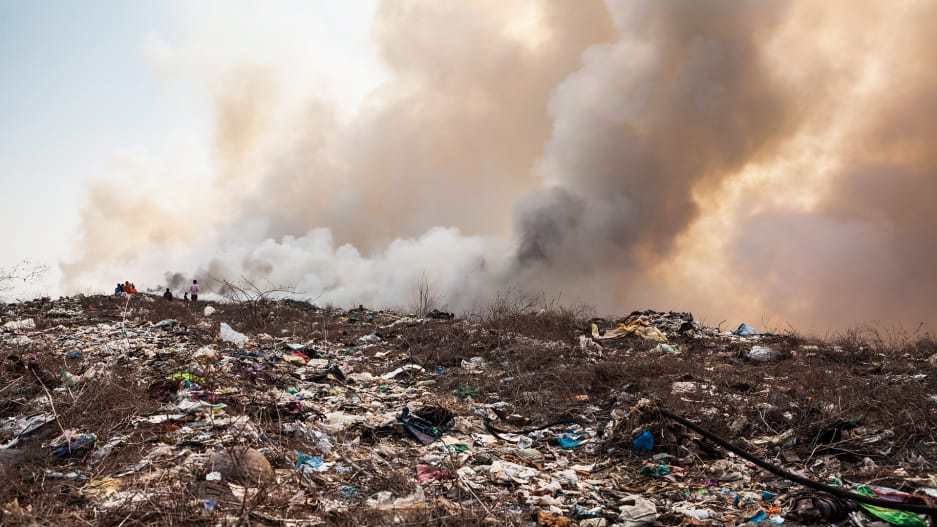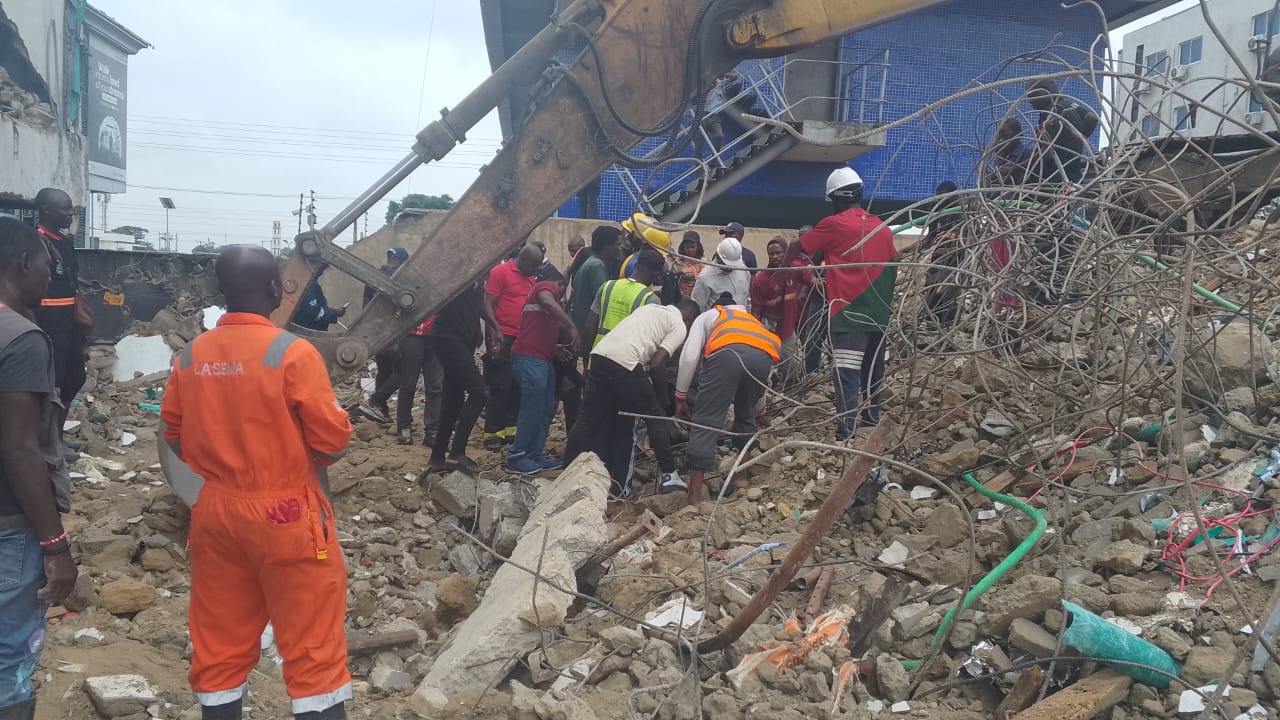CJID, NETI, NRGI Canvas’s Against Methane Emissions Pollutant in Nigeria

By Fatima Saka
The Centre for Journalism Innovation and Development, in collaboration with partners, has united to advocate against methane emissions, which are increasingly becoming more detrimental to the environment than fossil fuel emissions.
This focal point was underscored at the Multi Stakeholder Dialogue on Methane Emissions Reduction and Energy Transition held on Tuesday in Abuja. The event was organized by CJID in partnership with the Natural Resources Governance Institute and the Nigeria Extractive Industries Transparency Initiative.
Entitled “Enhancing Strategies for Reducing Methane Emissions in Nigeria’s Gas Expansion Plans,” the dialogue also unveiled a Briefing Note on Strengthening Methane Emissions in Nigeria’s Oil and Gas Sector.

Mr. Akintunde Babatunde, the Director of Programs at CJID, emphasized that methane emissions are 80 times more potent than carbon dioxide over a twenty-year period. He stressed the crucial need for stringent management through regulatory reforms and the adoption of energy-efficient technologies.
Babatunde further reiterated the importance of being mindful of the associated risks while expanding gas utilization for power generation, clean cooking, transport, and industrialization, particularly in addressing the environmental and social challenges posed by increased gas extraction and processing, especially for communities residing near petroleum assets.
Highlighting Nigeria’s commitment to a just energy transition, as evidenced by its alignment with the Paris Agreement and the ambitious objectives outlined in national policies, Babatunde emphasized that the Nationally Determined Contribution, the 2050 Long-Term Vision for Nigeria, and the Energy Transition Plan all delineate clear pathways for transitioning from a fossil fuel-dependent economy to a low-carbon one.
“The 2050 Long-Term Vision sets a bold target to reduce emissions by 50% and move towards net-zero emissions across all sectors in a gender-responsive manner.
“The Energy Transition Plan aims for net zero by 2060, focusing on emission reductions across five critical sectors and leveraging gas as a transitional fuel.
While these initiatives are vital for sustainable development, they also present challenges, particularly in balancing gas expansion aspirations with the imperative to mitigate environmental and social risks.
“The dialogue convened today serves as a testament to the collaborative approach required to address these challenges. The Natural Resource Governance Institute (NRGI), in partnership with the Centre for Journalism Innovation and Development (CJID), has brought together stakeholders to enhance capacity and foster a deeper comprehension of how Nigeria’s methane emissions reduction strategies can be strengthened.
“The objective is to promote consensus-building, deeper understanding, and actionable strategies among government, civil society, industry, and international partners to significantly reduce methane emissions in Nigeria’s oil and gas sector, align gas ambitions appropriately, and ensure a just and inclusive energy transition.
“It is anticipated that the discussions today will be fruitful and lead to meaningful actions that will aid in achieving the energy transition objectives. Together, we can optimize natural resource utilization, adhere to sustainable development goals, and secure a brighter, more sustainable future for all Nigerians,” CJID program director.
Addressing the urgency of tackling methane emissions, Dr. Orji Ogbonnaya Orji, the Executive Secretary of the Nigeria Extractive Industries Transparency Initiative (NEITI), emphasized the imperative to address methane emissions within Nigeria’s oil and gas sector promptly.
He highlighted the cost implications to human lives and the environment, noting that with new EU regulations excluding petroleum products from high-emitting countries, Nigeria risks losing essential revenue required for economic development and energy transition from its major trading partner.
According to him, effective mitigation measures are not only environmentally responsible but also economically advantageous for all stakeholders. By reducing emissions, oil and gas companies can enhance operational efficiency, minimize revenue losses from gas flaring, and improve their competitiveness in the global market, leading to increased government revenue and a more attractive investment climate for Nigeria.
“This contributes to achieving the Sustainable Development Goals and international climate commitments while also benefiting Nigerian communities with cleaner air and improved health outcomes,” he said.
During the presentation of the briefing note on Strengthening Methane Emissions in Nigeria’s oil and gas sector, Tengi George-Ikoli, a Senior Officer at NRGI, noted that Nigeria, boasting the world’s ninth-largest gas reserves, is a significant methane emitter, accounting for 16% of sub-Saharan African methane emissions from 2010 to 2020.
She further emphasized that as the Federal Government aims to expand domestic gas usage and exports, immediate action is imperative to prevent the escalation of methane emissions from the oil and gas sector.
Highlighting the environmental, social, and health-related implications, Ikoli pointed out that Nigeria’s methane emissions pose substantial threats to environmental health and safety, exacerbating the impacts of climate change.
“Methane not only contributes to global warming but also interacts with other atmospheric processes to create adverse effects. Methane emissions contribute to the formation of ground-level ozone, a hazardous air pollutant and greenhouse gas.
“This formation of photochemical smog, resulting from the reaction of methane and other volatile organic compounds with nitrogen oxides under sunlight, can harm ecosystems and lead to respiratory issues in humans.
“Long-term exposure to ground-level ozone has been linked to respiratory and cardiovascular fatalities, with significant findings in North American studies but limited data from other continents, including Africa.”





